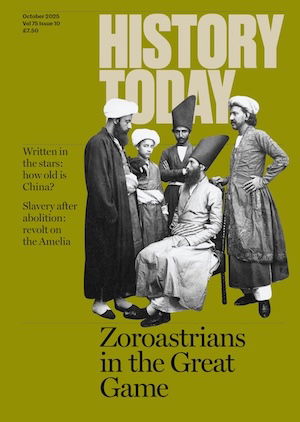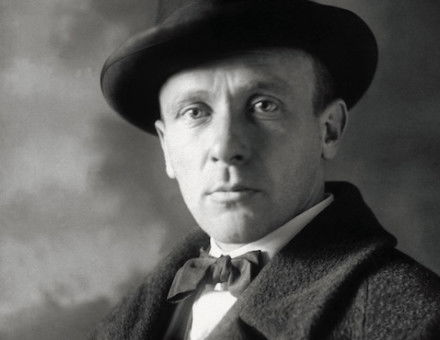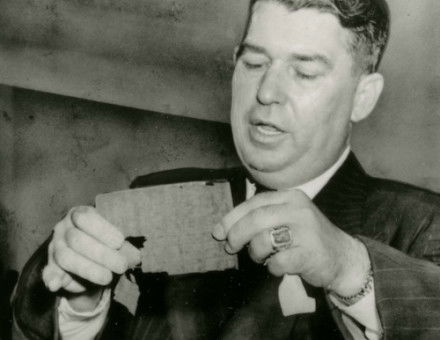The Wars of the Poppies
Leslie Marchant sees the Opium Wars as a philosophical clash between two cultures and two notions of government and society.
The Anglo-Chinese Opium Wars of 1839-42 and 1856-60, and the later Cold War that resulted in the 1876 Chefoo Convention, were doctrinal in origin. They involved, on the one side, a European power driven by a doctrine of action – the belief that free trade and the internationalisation of commerce would create wealth for all nations, and the utopian idea that this would produce a new peaceful world order – and, on the other, protectionist China under a literati which, in the light of the Confucian Renaissance under the Manchus, discounted doctrinairism in the belief that this had caused the Ming dynasty to fall, valued reason and rejected the idea that trade could elevate human society. Merchants in Confucian China were viewed as limited people, ranked with the lower levels of society, self-seekers who put material gain above scholarship and the spiritual.
Ideological war was not new to the British. Edmund Burke had warned about this when the French revolutionary armies sought to replace monarchies with republics:





